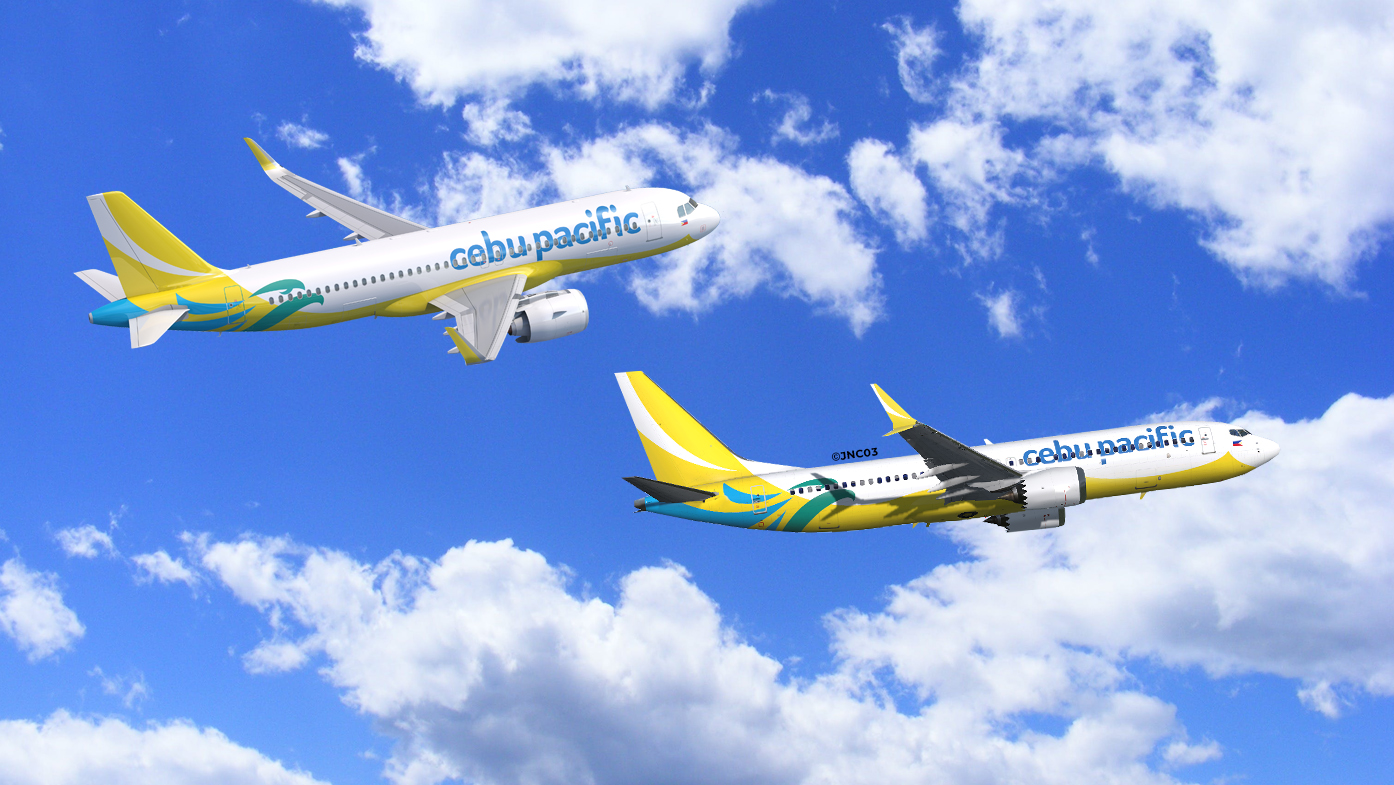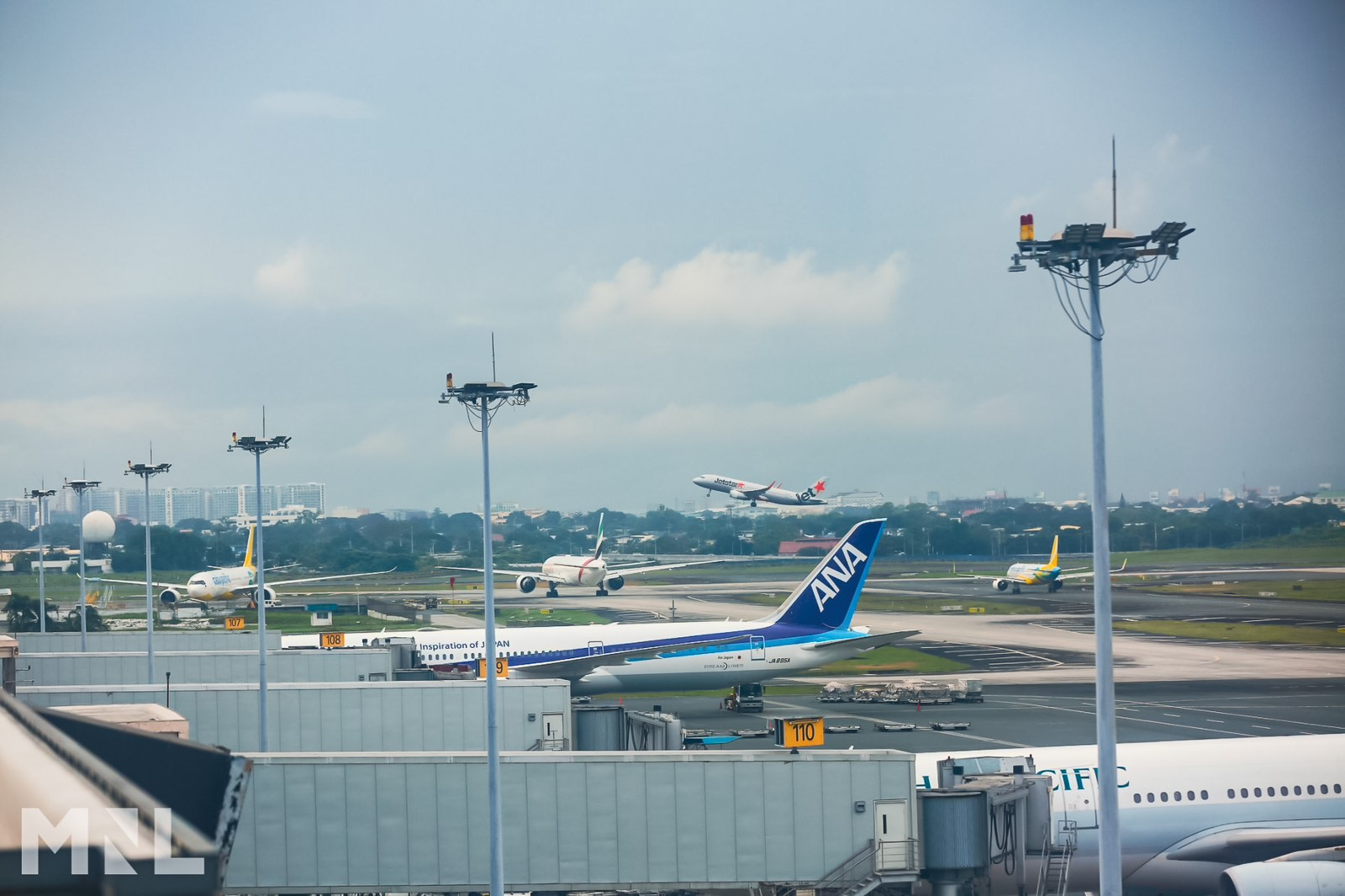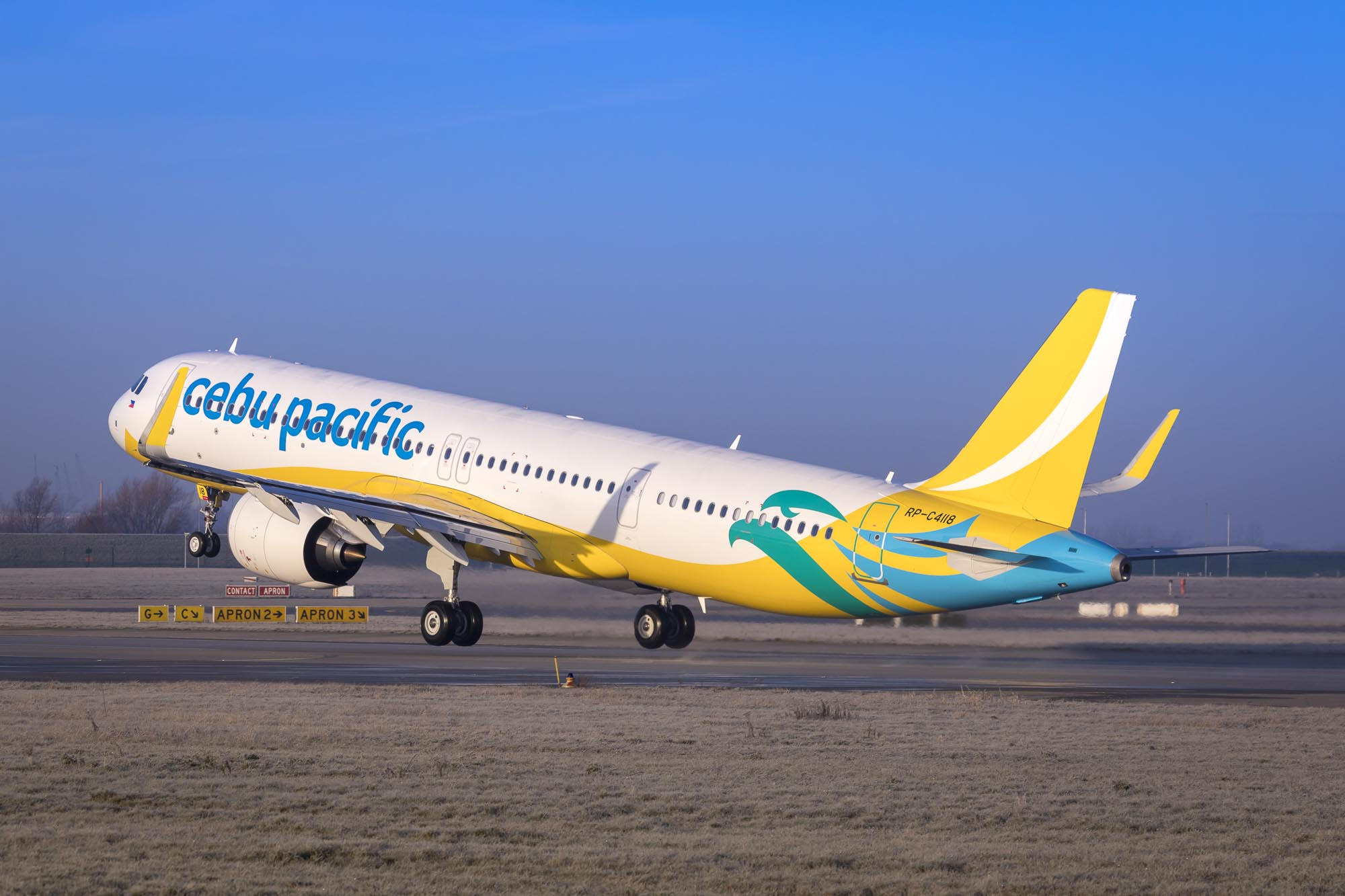Before 2023 ends, low-cost carrier Cebu Pacific Air made headlines by announcing its intention to order 100-150 narrowbody aircraft to fuel its expansion plans. This order is set to be the largest in Philippine aviation history.
On October 30, 2023, Cebu Pacific issued a request for proposal (RFP) to both Airbus and Boeing, kicking off the official selection process. The airline aims to announce its chosen manufacturer in the first quarter of 2024. With Airbus offering the A320neo family and Boeing countering with the 737 MAX family, the competition is fierce.
Cebu Pacific CEO Mike Szucs stated that the airline would likely partner with only one manufacturer for this historic deal. He described it as a “winner-take-all” approach, emphasizing that the company seeks the best overall package from either Airbus or Boeing. This strategy ensures they receive the most advantageous terms for such a significant purchase.
On the other hand, Cebu Pacific Chairman Lance Gokongwei stressed that this large order is solely for future growth, assuring that previously scheduled deliveries from Airbus over the next few years remain intact. He also highlighted the strategic importance of the New Manila International Airport (NMIA), slated to open in 2026, as a key driver for the airline’s domestic and regional expansion.
Despite expressing interest in the Boeing 737 MAX, Gokongwei clarified that the airline has no immediate plans for transpacific flights to the United States. Their interest in the 737 MAX stemmed from the Pratt & Whitney engine issue affecting the A320neo family, prompting Cebu Pacific to ground some aircraft for inspection.
In January 2024, the low-cost carrier said it would have grounded ten aircraft for maintenance. This number would double throughout next year, citing issues with its aircraft engines that now require a longer maintenance time than usual. To mitigate the impact of this situation, Cebu Pacific has strategically expanded its fleet by acquiring new aircraft and leasing older A320ceo models as an interim solution.
Should Cebu Pacific opt for the MAX, it would result in a diversified fleet comprising two distinct aircraft families—a strategy that, while not commonplace, is not unheard of. This approach could serve as a safeguard against operational disruptions brought about by unforeseen complications with specific models or engines. However, this decision requires a careful evaluation of benefits and drawbacks. The potential advantages must be balanced against the increased maintenance expenses, the requirement for crew training to familiarize with the new aircraft, and the logistical considerations associated with operating another aircraft type.
Meanwhile, Cebu Pacific Chief Finance Officer Mark Julius Cezar revealed that the substantial order will be financed through a combination of the airline’s cash flow and loans secured from local and international banks.
To accommodate the pre-delivery costs and other expenses associated with the purchase, the airline has increased its planned capital expenditures (capex) for 2024. The Philippine Star reported that Cebu Air Inc., the parent company of Cebu Pacific, will raise its capex guidance to a staggering P50 billion in 2024, a significant jump from the P42 billion allocated for this year.
This historic order from Cebu Pacific is an indicator of the booming air travel market and the rebounding aviation industry in the Philippines. The airline’s expansion is expected to create new job opportunities and contribute significantly to the tourism growth across the country. With the final decision regarding this monumental aircraft order anticipated in the coming months, 2024 promises to be a year of exciting developments for the Philippine aviation sector.
Cebu Pacific’s record-breaking aircraft order is a bold move that signifies the airline’s confidence in the future of Philippine aviation. This investment will not only strengthen the company’s position as a leading LCC but also contribute to the overall economic growth and development of the country. As we await the final decision and subsequent deliveries, one thing is certain: the Philippine aviation industry is poised for significant expansion and continued success in the years to come.






















Leave a comment